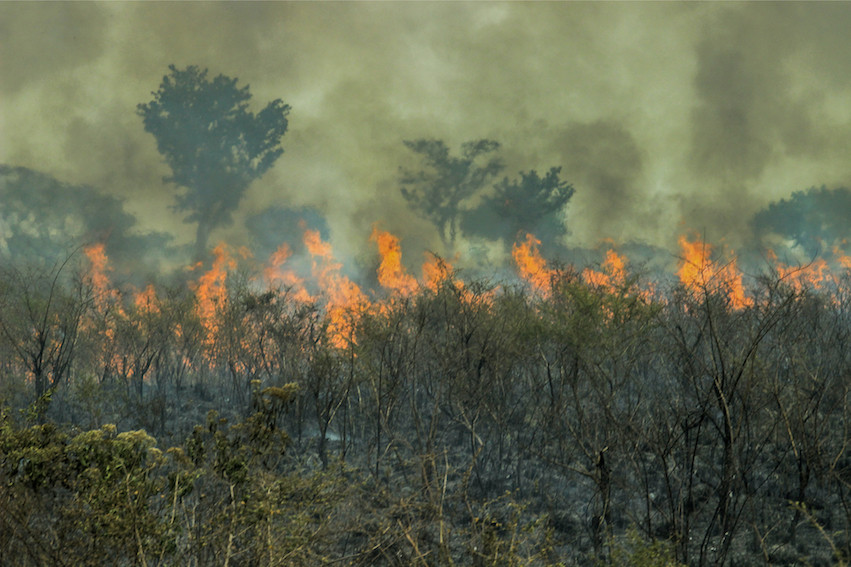The idea for BNPP AM to support CDP (formerly known as the Carbon Disclosure Project) in its process of creating a standard framework for reporting companies on biodiversity will accelerate nature conservation action in the private sector, the outfits argued.
The observation made by the two partners is clear: although it is of crucial importance for human health, economies and livelihoods, global biodiversity is declining faster today than during any other period in history. More than 31,000 species, or 27% of all species recorded, are threatened with extinction, “underlining the absolute need to integrate issues relating to biodiversity into decision-making, in all sectors”.
By enabling financial institutions to make investment decisions that take biodiversity into account and on the basis of reliable data, BNPP AM and CDP intend to contribute to the conservation of biodiversity and ecosystems. The partnership will build on momentum from the private and financial sectors, both seeking to better understand their environmental impact, and to improve the measurement and reporting of their data.
These new reporting requirements should encourage a change in the behaviour of companies, by favouring those which manage natural resources in a sustainable way and which reduce their negative impact on species and ecosystems, thus slowing the loss of biodiversity.
Crucial need for reliable data
CDP is an international non-profit organisation founded in 2000 and which over time has developed the world’s largest database on the environmental performance of businesses, cities, states and regions. It currently works with more than 590 investors with over $1trn in assets.
CDP was a pioneer in using financial markets and investments to motivate companies to disclose their environmental impact and try to reduce it. In 2020, more than 10,000 organisations--including 9,600 companies representing more than 50% of the global market capitalisation, and 940 cities, states and regions representing a combined population of more than 2.6bn people--released data via the CDP.
The “data is widely used to guide investment decisions and business practices towards a zero carbon, sustainable and resilient economy,” said Cate Lamb, global director of water security at CDP.
“For more than 20 years, CDP has worked with investors, businesses, governments and NGOs to drive systemic change and realise our vision of a thriving economy that works for people and the planet over the long term. Environmental reporting through CDP provides essential information to drive positive change. Now more than ever, there is an urgent need to act and standardise reporting on the impact of companies on biodiversity. This partnership allows CDP to build on its research on water and forests, improve the quality and quantity of environmental data made available on the market, and accelerate the positive impact of companies on biodiversity on an industrial scale”, Lamb stated.
End deforestation by 2030
The partnership with BNPP AM will go further. The goal is to set a new standard for reporting and to integrate biodiversity data into global investment, business management and public policy decision-making.
The reporting can be used by asset managers as part of their action to protect and preserve the environment, one of the key themes of many firms’ overall “sustainability” strategy. It is a strategy which assumes that sufficient reports of the impact of the activity of public and private institutions are available to investors.
“The asset management industry faces an urgent need for better data on biodiversity and how it can impact its investment choices. The growing interest of financial institutions and companies to better understand how they can take biodiversity-conscious investment decisions, based on reliable data, will lead to the emergence of those which manage natural resources in a sustainable manner”, commented Robert-Alexandre Poujade, ESG analyst at BNPP AM.
The firm has “ambitious” objectives regarding the water and forest footprint of its investment portfolios. The asset manager intends to improve the water efficiency of its investments and support global efforts to end deforestation by 2030.
